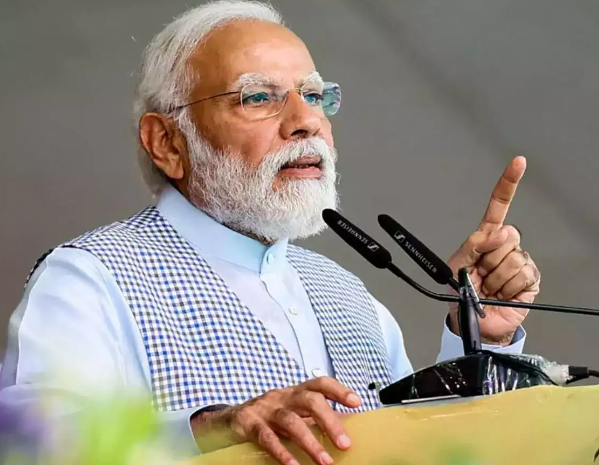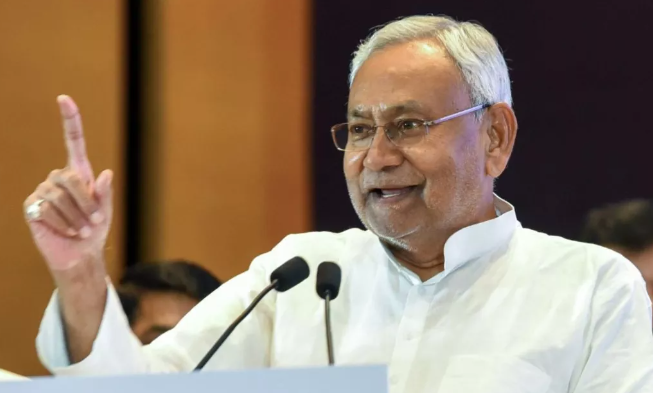
Nitish Kumar Dynamic Evolution with India ,Revolutionary Rebirth
Nitish Kumar Dynamic Evolution in Shaping India’s Future , Revitalizing Leadership
Nitish Kumar‘s recent political maneuver has dealt a significant blow to the prospects of the alliance, particularly in Bihar, the sole Hindi-belt state where the INDIA allies held sway. Over a span of more than three months in early 2023, Bihar’s Chief Minister Nitish Kumar embarked on a whirlwind tour across cities, endeavoring to unite disparate opposition factions in a bid to forge an alliance—a tactic that has historically buoyed Kumar throughout his extensive political career.
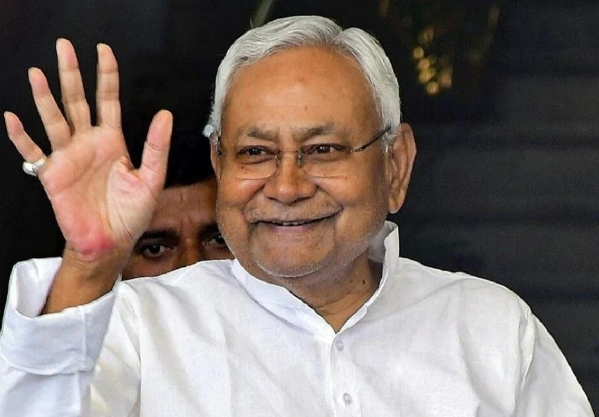
During this period, Kumar engaged in dialogues with key figures such as Congress President Mallikarjun Kharge, Rahul Gandhi, Mamata Banerjee of West Bengal, Arvind Kejriwal of Delhi, Uddhav Thackeray, Sharad Pawar, and others. Often accompanied by his deputy chief minister, Tejaswi Yadav, Kumar’s efforts culminated in the critical phase of negotiating seat allocations. However, in a surprising turn of events, Kumar opted to sever ties with the Rashtriya Janata Dal (RJD), Congress, and leftist allies, electing instead to form a government with the Bharatiya Janata Party (BJP), thus significantly undermining the alliance’s prospects, particularly in Bihar.
This strategic shift has not only granted the BJP a strategic advantage in Bihar, a state boasting 40 Lok Sabha seats but has also precipitated a recalibration in Bihar’s political landscape, leaving the opposition INDIA bloc fragmented merely two months before elections. With Mamata Banerjee withdrawing from the alliance in West Bengal and the Aam Aadmi Party ruling out a pact in Punjab, coupled with Kumar’s Janata Dal (United) aligning with the BJP, the opposition bloc now finds itself struggling to present a unified front against the BJP.
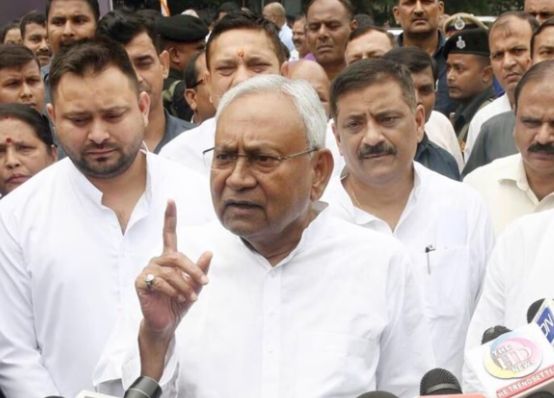
The ramifications of Nitish Kumar decision are far-reaching. A Congress insider involved in the discussions lamented the loss, highlighting the significance of Bihar’s alliance to counter the BJP’s influence in the Hindi belt. Moreover, the disillusionment with the political landscape is palpable, with one observer expressing skepticism about the upcoming 2024 Lok Sabha elections, foreseeing a potential landslide victory for the BJP and its National Democratic Alliance (NDA) partners.
Kharge, the Congress president, drew parallels between Nitish Kumar and the term “aaya Ram gaya Ram,” commonly used to describe political turncoats. Kharge asserted that Nitish Kumar departure from the alliance was anticipated, echoing sentiments expressed by Lalu Prasad Yadav and Tejashwi Yadav. Meanwhile, Tejaswi Yadav, expressing frustration, predicted the demise of JD(U) by 2024, underscoring his determination to rally public support.
Attempts to appoint Nitish Kumar as the convener of INDIA were thwarted, with the Trinamool Congress citing reservations about his intentions. Reflecting on the past, Kumar was previously pivotal in orchestrating the formation of the alliance, though his dissatisfaction with the proposed name led to friction and ultimately his departure during a critical juncture.
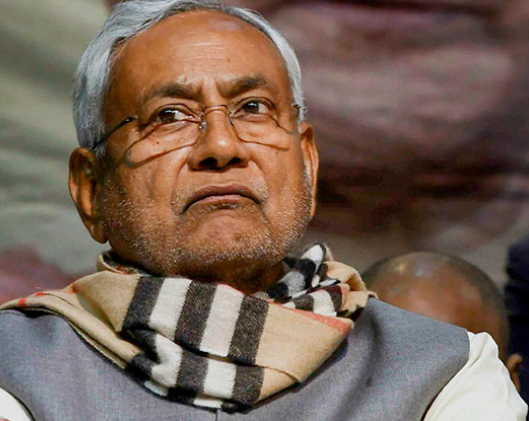
Nitish Kumar consistent advocacy for expeditious seat negotiations and emphasis on pro-people issues to counter the BJP’s narrative underscored his commitment to the alliance’s success. However, discord arose when Banerjee and Kejriwal proposed Kharge as the prime ministerial candidate, leaving Kumar feeling sidelined. Ultimately, the refusal to appoint Nitish Kumar as the convener further exacerbated tensions within the alliance.
As the alliance now grapples with the fallout of Nitish Kumar departure, it faces the arduous task of devising a new strategy to confront the formidable BJP. The repercussions extend beyond Bihar, impacting the political landscape of other states as well. Despite the challenges ahead, the alliance must regroup and forge ahead with renewed vigor to mount a credible challenge against the BJP’s dominance.
In the wake of Nitish Kumar departure, the alliance finds itself at a crossroads, grappling with the need to redefine its strategy and realign its objectives. The sudden rupture in Bihar’s political landscape has reverberated across the nation, prompting a reassessment of the opposition’s unity and coherence in confronting the BJP’s formidable electoral machinery.
The loss of Bihar, a crucial bastion for the opposition, underscores the imperative for a cohesive and robust coalition to counter the BJP’s electoral juggernaut. With the specter of the 2024 Lok Sabha elections looming large, the opposition’s ability to present a united front becomes increasingly paramount. However, Nitish Kumar defection has dealt a severe blow to this endeavor, casting doubt on the alliance’s ability to marshal sufficient support and resources to mount a credible challenge.
For the latest updates-click here.

